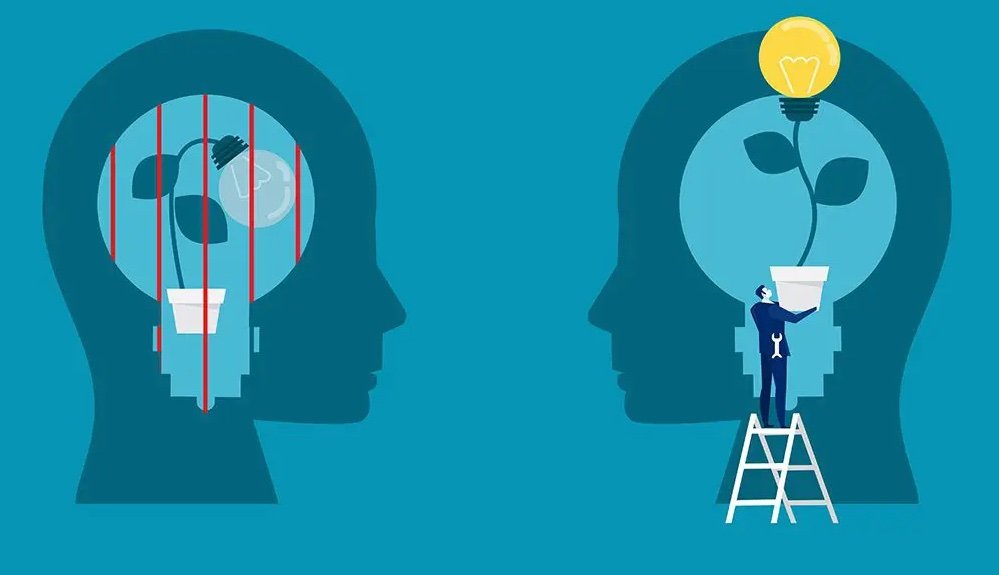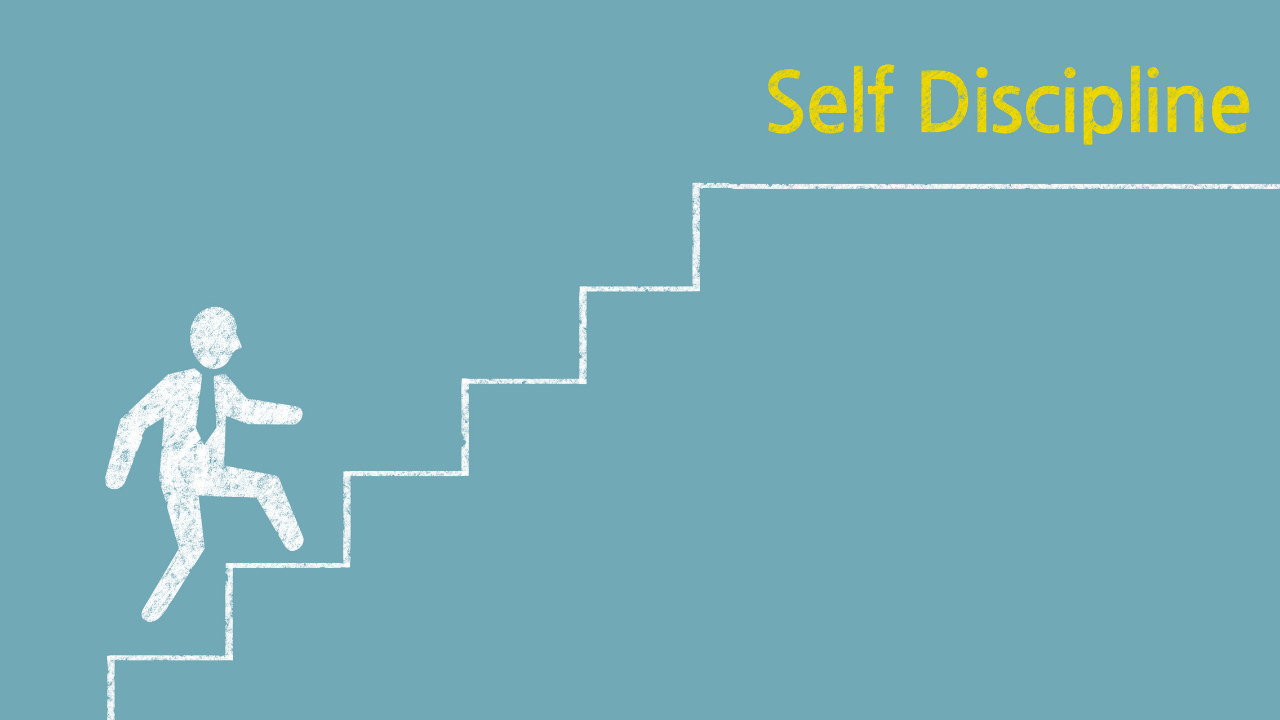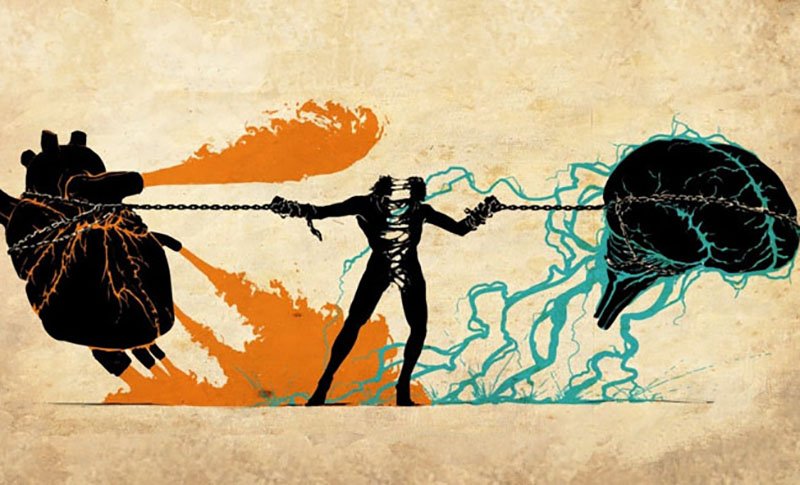The next time you have an important decision to make, try using this cool “B.R.A.I.N” acronym:
B: What are the Benefits?
R: What are the Risks?
A: What are my Alternatives?
I: What does my Intuition (heart) tell me?
N: What if I do Nothing?
Unlocking internal barriers
Today is Monday, so I feel it necessary to write about mindset, motivation, and methods. Do you really want to know about these topics? There is a lot of sacrifice, especially at the beginning if we are going to achieve our goals. We can understand it intellectually, and then we need a system to act on what we know. Accountability feels like an attack when you’re not ready to acknowledge how your behaviour harms others. I have seen brilliant creative ideas die very quickly when they don’t have a proper execution structure behind them. Personally, I’m not impressed by vanity metrics, like likes and views. I think that we can only drive through effective campaign execution with thoughtful communication strategies and architectures.
Follow your nose
I have a beautiful life today because I have chosen to put giving in front of getting, and weirdly the more I give the more I get. A massive part of my work is to help people re-connect to who they are given the life they’ve built, and that’s about authenticity. Being true to who you are, dropping the mask, not listening to that external criticism. Our culture teaches us to grab, grasp, get and compete, that’s all fear-based stuff. I have made giving my number one priority and the more I have given to life the more it has given to me. If you trust that life will give you what we need, I recommend that you focus on giving.
Confidence coach
Everyone who knows me will tell you that I love a good analogy. Why? Because an analogy can unlock understanding like a key opens a door. Coaching a team can be compared to gardening: the fruit will be at its juiciest and sweetest, or the flower is at its most fragrant precisely at the moment before it begins to rot. A coach's job then becomes almost to shield the plant from the sun, to delay maturation to prolong the flowering for as long as possible. Do you understand?
Sales training for building consensus
I have found that there is a great deal of pleasure in coaching and nursing teams, guiding them through a structured process to identify a focus area that enables them to maximise their inherent power by tapping into the hearts and minds of consumers. For example,
• Creating needs (listening, objections, negotiation and presentations)
• Motivation (rapport, communication and mindset)
• Pipeline management (plan, prepare and execute)
• Sales Savvy (decision maker access, network mapping & development, best practise and analysing success)
Contact me via e-mail to book coaching, mentoring or 1:1 sparring sessions.
““Your potential customer doesn’t care about your company. They care about the problem they have and the possibility of resolving it. Are you creating enough value in the sales conversation or are you just talking about yourself?” ”
You need self-discipline
It’s not what you have learned that is decisive for your future, it’s whether you can put your head down and discipline yourself to pay the price repeatedly until you finally obtain your objective. Learning to effectively lead yourself and others all comes down to discipline, and you’ll need self-discipline to set your goals and make plans for their accomplishment.
You will also need self-discipline to:
- continuously revise and upgrade your plans with new information,
- focus on the most important thing you need to do at that specific moment,
- invest in yourself every day and build yourself up personally and professionally,
- learn what you need to do to become successful,
- delay gratification, save your money and organise your finances,
- focus on your goals and dreams and off your fears and doubts,
- respond positively and constructively in the face of difficulty.
Contact me via e-mail to book coaching, mentoring or 1:1 sparring sessions.
Naive realism
Values form the behavioural core and the motivational force for an individual, therefore, I think values are more important than knowledge.
““When you succeed, be generous.
When you fail, be compassionate.
When you win, be humble.
When you are scared, be thoughtful.
When you are beaten, be modest.” ”
It's much deeper than that
In sales, the person who has the solutions has the power. And what we ask is infinitely more powerful than what we say in sales situations, as salespersons are usually placed on the low trust end of the scale. When you want to dig in and get to know the buyer, it’s a good strategy to use questions to get them talking. I think the magic always happens when the other person is talking and the secret to unlocking other people is to be interested in them and not your verbal vomit.
Our job as sales professionals is to go out and create some curiosity and interest without doing dumb things like spamming buyers. Life-long learners will remain curious and they never settle on thinking that they know it all – and that’s what sets them apart. As sales professionals we need to start conversations and get business meetings. Invest in yourself, take what you have right now and make the best of it. Contact me via e-mail to book a 1:1 session in October.
Life is just a moment
There are times when we all long for a simple way out, a procedure to follow rather than a process to understand. I think a mentor is someone who shares their knowledge, skills, and experience, to help another to develop and grow; and a coach is someone who provides guidance to a client on their goals and helps them reach their full potential. There is no reason why you cannot be both a coach and mentor, as the skillsets required to fulfil these roles are similar and to some degree interchangeable, for example, forming relationships to help a person develop. They are both rooted in learning and training and require a level of trust, respect, and communication in order to work.
When I am coaching, I usually coach on a specific topic or skill and focuses on “you”. I expect that after coaching this specific topic or skill you will be able to perform in a day-to-day basis using the knowledge gained from it. When mentoring, I’m focused on the present and future whilst using my experience and perspectives gained from the past elevate and evolve the current relationships. Does this make sense? Contact me now to book your coaching and mentoring sessions.
The chess endgame
One reason I love coaching is you are forced to take a holistic view. Coaches are generalists, who have to obtain a near specialists’ knowledge about a lot of things, for example, from behavioural psychology to political trends. We have to know a little bit about many things and then we must understand how they interact with the methods we are trying to install.
The chessboard metaphor is common throughout therapy to help develop the distinction between an observing self and avoided psychological content. I think that sometimes a well-placed pawn is more powerful than a king.
“Knowledge is having the right answers.
Intelligence is asking the right questions.
Wisdom is knowing when to ask the right questions.”
Reason and rationality
Fear is natural and I think it’s central to the human experience and these fears often come in disguise, for example, a fear that you’re not enough. The fear of not being good enough can surface as anxiety that you can’t explain or rationalise. Over the years of coaching and mentoring conversations, I’ve found that tapping into the imagination is the most powerful complement to traditional memory. The imagination gives us the ability to tell stories and form images about what is going on for us.
“The best use of imagination is creativity. The worst use of imagination is anxiety.”
Back to life
Read to improve your writing.
Write to improve your thinking.
Speak to improve your storytelling.
Teach to improve your understanding.
And use your smile to change the world, don’t let the world change your smile.
Keeping it real
When you establish a pattern of honouring people through your actions, word gets out and your positive influence will spread. And since you have acted thoughtfully and with integrity, when you speak, people will listen. Authenticity doesn't mean sharing everything about yourself, to everyone, all of the time. It does mean saying what you mean, meaning what you say, and sticking to your values and principles above all else.
Fuel your creativity
In my day to day, I face a variety of internal and customer-facing situations, both positive and negative, and being able to communicate effectively has served me well throughout it all. What I love about my job is that I get to bring talented people into an engaging environment where they can make a difference. I think that talented people working together for the greater good around the world will determine our future.
Remember just because you were born talented doesn’t mean you are the best, there will be someone working harder than you and that person will succeed. Contact me via e-mail to book a motivational coaching session.
“Hard work beats talent when talent doesn’t work hard.”
Change into something that elevates you
c/o Getty Images
Why can’t we be seen until we learn to see?
I think to see means that you have empathy, it means to realise that no one cares about you and your opinion, they care about themselves and their own opinion. If you can’t see them for who they are and for where their fears, desires, and dreams, they will ignore you because they only want to hang out with people who can see them. Being seen is an unlimited need that people you serve have and if you can see them and understand them, you can tell them a story that they want to hear and they are more likely to engage with you. Remember that you cannot be empathic to everyone, you cannot see and understand everyone, so pick who you are going to see and understand and do that.
“Believe in yourself! Have faith in your abilities! Without a humble but reasonable confidence in your own powers you cannot be successful or happy.”
Productive meetings
One to one meeting’s are an excellent way to develop leadership and improve performance, but are these meetings productive? This is a good question as I have many years’ experiences from consulting and coaching organisations of every size, from start-ups to multi-nationals. I think one should focus on your attitude, efforts, and actions, and I do this by guiding you through a process which will improve communication between you and your team. I look at 3 phases:
1. What’s the problem and what are the outcomes we can achieve by solving these problems? And this has got nothing to do with the product or service, it’s all about understanding what’s the most important thing for the client.
2. How are we going to solve the problem and achieve the outcomes we want?
3. Who are we going to do this with?
The power of goal setting
According to psychological research, written goals are much more powerful than unwritten ones. I think by writing down goals we start to anticipate how we will achieve those goals and start to build our way power as our brains just does not have enough working memory to do all that without committing the goals to paper.
There are three types of goals: process goals, performance goals and outcome goals. As a former athlete, I think process goals are the most valuable since practising reaching a process goal is demanding and if you fail, it will not be as public as failing to achieve an outcome goal.
“Plans are irrelevant; planning is everything. ”
Solid foundations
Image c/o Liz Fosslien ©
I think that when you place a milestone in the path to action, it is more likely that people will complete that action. Truly skilled consultants and coaches start by asking themselves:
1) How can I shorten my clients’ path to their desired outcome?
2) How can I accelerate my clients’ speed to getting big results?
Contact me via e-mail for a discovery meeting.
A couple of key takeaways
As a coach, I can help your team to clarify these basic questions:
What do you see as your fundamental task and goals?
Who are your most important customers, users, and stakeholders?
What are their main needs?
And then I would continue on the development track with these questions:
In which areas do you see the need for you to develop your practice?
What areas of competence do you want to develop in yourself?
What types of tasks do you have the courage to embark on in the long term?
Pause and reflect
According to the Oxford English dictionary, “…a pause is a short period when you stop doing something before continuing, and when you reflect on something, you think deeply about it.” In these strange, uncertain and frightening times, how is it that some people ‘keep calm and carry on’, while others panic?
Get active and do some form of regular physical activity, even if it’s just walking 10 minutes a day.
Keep learning as your mind need to keep active too, so give it a regular workout.
Random acts of kindness are contagious, please spread the word.
We are hardwired to want social connections as they are essential to good mental wellbeing.
Take time to notice things, whether it’s your neighbour’s new hairstyle or reflecting on your experiences.
Caring for others, it’s essential to do what’s right for the global community.





















